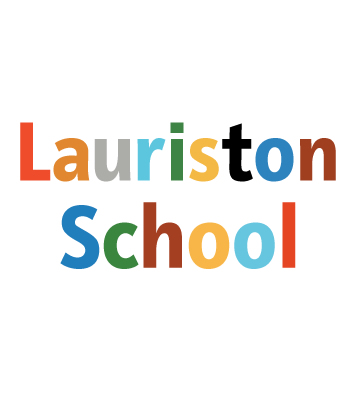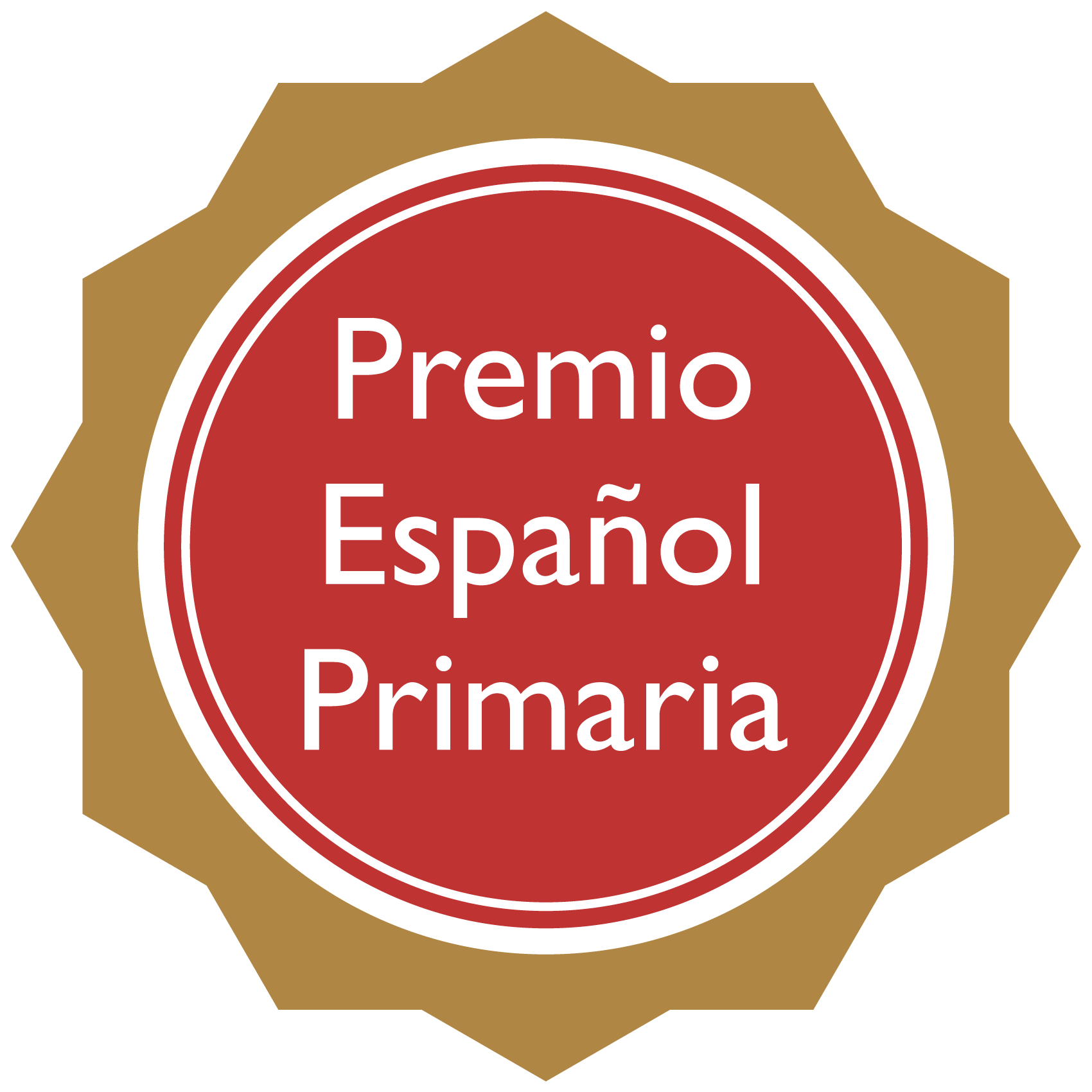Curriculum
At The Blossom Federation of Daubeney, Sebright and Lauriston Schools, we shape our curriculum to ensure all pupils have access to a rich, exciting, experiential curriculum, which celebrates the rich diversity of our schools.
Drawing on the requirements of the Early Years Foundation Stage and National Curriculum, we provide broad, balanced and inclusive cross curricular topics that encompass British Values throughout. We ensure a sequential development of concepts, knowledge and skills in order to help our children to understand the world they live in and the impact that they can have on it.

Each school has a Teaching & Learning Lead who oversees the curriculum and the subject leaders. The T&L Leads across the Federation work together to ensure consistency of provision and the sharing of ideas. At Lauriston please talk to Serena Brooks.
Intent
The uniqueness of every child in our school is recognised and valued. Our curriculum embraces the community, recognising and celebrating our children’s diverse backgrounds and experiences. We recognise children's strengths, interests, diversity and learning needs, in order to promote a culture of acceptance, with PSHE, mental well-being and Growth Mindset at the heart of all lessons. We constantly reflect on our learning journey to ensure that it meets the current needs and interests of our children, offering an excellent education underpinned by a broad, culturally rich curriculum to ensure that all pupils are well equipped for the next stages in their education. Our curriculum is underpinned by the teaching of basic skills, knowledge, concepts and values however, creativity is pivotal and used throughout. We aim to provide an environment that encourages lifelong learning.
Children leave us with a sense of belonging to a school community where they have the confidence and skills to make decisions, ask questions, self-evaluate, make connections and become resilient, lifelong learners.
Implementation
We ensure that all children have access to a broad, creative, balanced curriculum with Numeracy and Literacy at the heart of all learning. Skills and knowledge are taught in all subject areas; we ensure there is a progression of skills, across each subject, which is built upon each year and mapped across the key stages. The building blocks of our curriculum have been developed to allow children to learn more, remember more in a vocabulary rich topic based curriculum. We ensure that children have the opportunity to deepen their understanding by making links with reading and writing across all topics, which embeds transferable skills throughout. Trips and visits are a keystone of our learning to enthuse, immerse and deepen knowledge in our topics. We have WOW Days - as an end point to each topic, where pupils celebrate, make links and evaluate their learning with the aim of remembering and understanding more.
The foundation subjects are taught through a half termly focus. This includes Geography, History, Art, Design Technology and Science.
Curriculum Impact
We plan our lessons with clear learning objectives, which are based upon the teacher’s detailed knowledge of each child. Reflective teaching and ongoing summative assessment, leads to planning that is constantly adapted to the needs of the individual classes.
Children are expected to make good or better progress in all subjects and this individual progress is tracked termly. Pupils are assessed in reading, writing, maths and phonics at the end of each term. Subsequent year group progress meetings identify the needs of a year group to ensure that they are on track to make expected progress or that there are support plans.in place. From these an action plan is created for the future term. SLT and subject leads use this in their monitoring of teaching and learning.
Below is more information on how learning is developed in different subjects.
Literacy
At Lauriston, we aim for children to experience a rich curriculum developing their Reading, Writing and Spoken Language. We want for children to develop a lifelong love of reading and a sense of identity as readers. We aim for children to become fluent writers who engage purposefully with genres, applying an understanding of writing structures and drawing on their imagination and understanding of the world to write with confidence.
Literacy at Lauriston is taught through multiple strands of a robust curriculum. We use a systematic synthetic approach to teaching Phonics through Letters and Sounds. This is taught throughout EYFS and Key Stage One with interventions as appropriate into Key Stage Two. Early Reading is taught from EYFS into KS1 through Daily Supported Reading and a love of reading developed as part of the curriculum as a whole. In Key Stage Two, pupils engage with longer high-quality texts during daily taught Whole Class Reading lessons that enable them to engage with and develop the full range of different reading skills. Writing at Lauriston stems from immersion into high quality texts that link to their Cross-Curricular topics, allowing pupils to develop a rich understanding of their topic and experience a compelling stimulus. Writing is taught according to the National Curriculum, supported by a clear skills and knowledge progression. Children are given frequent opportunities to develop their skills in writing in different genres. Pupils are taught discrete punctuation and grammar skills appropriate to their year group within our text-based approach to planning and teaching, allowing them opportunities to apply grammar and punctuation skills into their writing while also being immersed in a high-quality text. In the Blossom Federation we use a robust handwriting scheme to enable children to develop correct pencil grip, letter formation and cursive handwriting appropriate to their year group stage.
Maths
At Lauriston, our aim is for all children to become confident mathematicians who are fluent in their mathematical approaches, can reason and problem-solve with confidence, and articulate their mathematical thinking. We aim to build a rich web of connected mathematical knowledge underpinned by ‘mastery’ teaching.
Maths at Lauriston is taught using a ‘mastery’ approach. Across the Blossom Federation, we follow the White Rose Maths Schemes of Learning which offer a structured mastery approach across the school year. We embed a mastery approach through our teaching, with teachers planning for coherent small steps of learning underpinned by clear representations to enable children to understand mathematical concepts and make connections in their learning. Teaching of Maths is supported by the Concrete, Pictorial, Abstract approach, using representation and variation to support mathematical learning. Alongside this, regular fluency practice is designed to support children to become fluent in key mathematical knowledge. Planning for opportunities for mathematical thinking means children are regularly discussing, justifying and making connections between their understanding, enabling them to confidently reason and problem solve.
We teach a weekly Arithmetic lesson as part of our approach in Maths, providing clear teaching of arithmetic skills and further enabling children to secure their number knowledge and fluency. Arithmetic lessons are planned for according to specific year group objectives and provide children with the opportunity to become familiar with arithmetic-test style practice as well as justifying and explaining their methods and choices.
Science
Science at Lauriston is taught according to the National Curriculum. Learning in Science is progressive, building on previous learning and allowing pupils to develop both their Scientific knowledge and skills. Planning for Science includes inquiry-based learning to ensure children have the chance to explore, question and reason within each unit of Science teaching.
Science learning is structured around a ‘Big Question’, giving children the chance to connect their learning across a unit and to regularly reflect and discuss how each lesson has developed their understanding and response to the Big Question. This is part of our curriculum intent for progressive learning which allows children to ‘learn more, remember more’. Science units are blocked across three weeks each half term, to allow children to engage deeply with their topic over consecutive sequential lessons.
The Wider Curriculum
Humanities
Teaching of humanities is based on the National Curriculum for History, Geography and RE. Teaching of History and Geography topics is structured around a ‘Big Question’ for the topic, in the same way as in Science. This gives children the chance to connect their learning across a unit and to regularly reflect and discuss how each lesson has developed their understanding and response to the Big Question. This is part of our curriculum intent for progressive learning which allows children to ‘learn more, remember more’. Topic units are blocked across three weeks each half term, to allow children to engage deeply with their topic over consecutive sequential lessons.
All Topic units end with a WOW Day, which offers an engaging and creative way for children to celebrate their learning across the unit and reflect for the final time on their Big Question.
RE is taught half termly through RE Days, which offer another creative way to engage with the subject, through targeted RE teaching, work on a written RE outcome, and a creative arts focus.
Art
At Lauriston, Art is taught across the curriculum and skills are built upon termly. A termly skills focus enables teachers to plan specific Art lessons which are linked to their topics each half term.
Alongside this, we have a Termly ‘Big Draw’. The Big Draw provides an engaging opportunity for all pupils across the school to develop a specific art skill linked to a theme or focus, with each year group learning about a specific artist. The resulting artwork is displayed in our school gallery for a termly exhibition.
DT
Design and Technology uses Projects on a Page from DAT to ensure the development of skills. D&T is taught in connection with topic learning to deepen the learning experience.
Computing
Our Computing follows the Purple Mash scheme of work. Internet Safety is taught as a specific unit, as well as referred to throughout all Computing lessons and is a focus whenever children are using Computing equipment.
PSHCE
PSHCE at the Blossom Federation is taught through JIGSAW. Jigsaw PSHE perfectly connects the pieces of Personal, Social and Health Education, emotional literacy, social skills and spiritual development. Jigsaw has a whole school focus each half term, with units of work targeted for each year group and underpinned by high quality texts. SRE lessons are taught in line with the National Curriculum.
Music
All pupils have weekly music lessons built as part of a spiral curriculum, delivered by a specialist music teacher. Music teaching develops pupils’ skills and teaches the fundamental elements of Music. These include pulse, rhythm, pitch, duration, timbre, texture and structure.
As part of music lessons, pupils have the opportunity to compose and perform their own pieces of music.
Individual lessons are offered in piano, woodwind and guitar.
PE
PE is taught weekly by a specialist PE teacher. The PE curriculum is organised into half-termly focuses. Alongside this, children also have regular opportunities to be apart of sporting events and competitions outside of school, as well as sports events organised across the Blossom Federation.
Our Year Group Structure
Early Years
-
Nursery - Willow FT, Willow AM and Willow PM
-
Reception - Fir Class and Larch Class
Key Stage 1
-
Year 1 - Lime Class and Beech Class
-
Year 2 - Poplar Class and Hawthorn Class
Key Stage 2
-
Year 3 - Birch Class and Hazel Class
-
Year 4 - Spruce Class and Maple Class
-
Year 5 - Plane Class and Chestnut Class
-
Year 6 - Scots Pine Class and Oak Class











